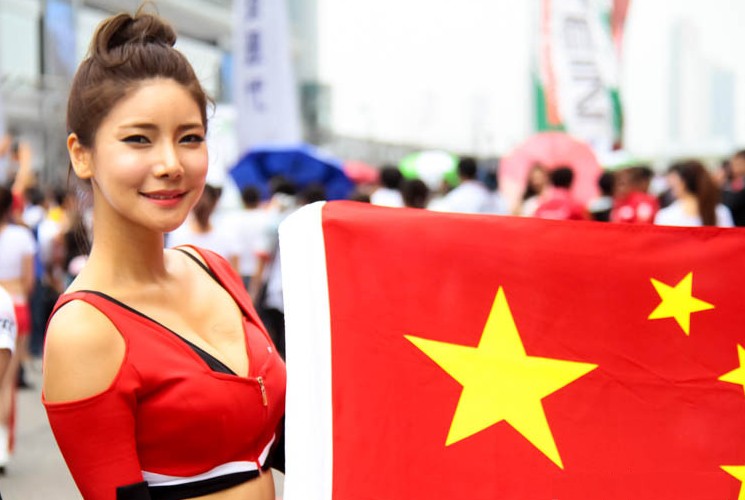This is the Chinese patriotic song March of the Volunteers (Yìyǒngjūn Jìnxíngqǔ, 义勇军进行曲), used today as the national anthem of the People’s Republic of China (communist). Lyrics by Tian Han (1934) and music by Nie Er (1935). English translation from Wikisource. Source video from YouTube.
Since 1911, when China was still a monarchy and the Qing dynasty adopted the first national anthem, the country (excluding Taiwan) has had seven national anthems, officially or not! In 1928, Jiang Jieshi’s (Chiang Kai-shek) Guomindang/People’s National Party, government adopted Three Principles of the People as the national anthem, still today used in Taiwan, the “Republic of China” not recognized by the Communists in Beijing. Tian Han (1898-1968) wrote the lyrics in 1934, originally as a dramatic poem, but in 1935 Nie Er (born Nie Shouxin, 1912-1935) composed a music to it, in order to make a song to the patriotic movie Children of Troubled Times.
The provisional government of China adopted temporarily this song still on 27 September 1949, until the anthem was finally officialized on 4 December 1982. It would be mentioned in the Constitution only after 14 March 2004, and its use was regulated on 1 October 2017. Although the best known title of the song in the West is March of the Volunteers, its litteral translation from Chinese is Righteous and Brave Army, a reference to the civil war between the Communist Party and the Guomindang, and to the Japanese invasion and occupation (1930’s and 1940’s). Mao’s and Jiang’s armies fighted Japan together, but the song never became popular among the nationalists.
Ironically, Tian Han was arrested in 1966 and died in prison in 1968. From 1966 to 1970, the communist song The East Is Red (Dōngfāng Hóng, 东方红) was used as a non-official national anthem, until the March of the Volunteers was again adopted, but without lyrics. In 1978 new lyrics were adopted, with references to Mao, the Communist Party and the Long March, but in 1982 the original lyrics (on the video) were restored during Deng Xiaoping’s reforms. The March of the Volunteers differs from the precedent anthems in having been written in popular Chinese, and not in the old classical language.
Simplified Chinese: Traditional Chinese: Pinyin transliteration: English translation from Wikisource: |


Nenhum comentário:
Postar um comentário